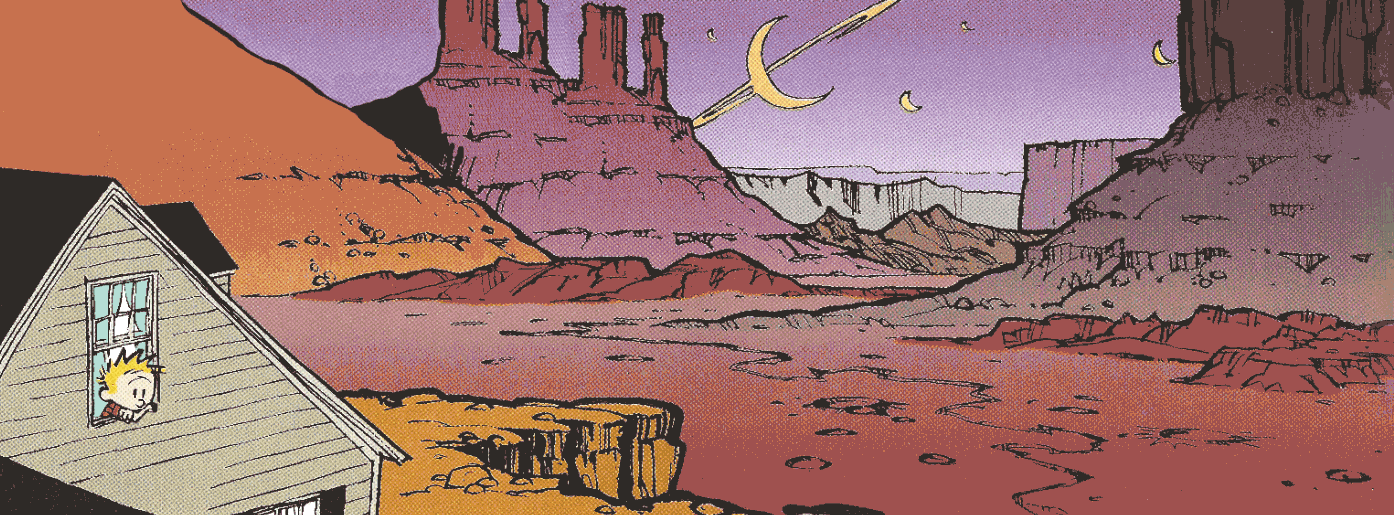During a panel discussion about computer science and religion in 1999, Donald Knuth made this comment while complaining about the sensationalized accounts of theoretical physics research that often appears in places like Popular Science or Scientific American:
The extra detail that gets suppressed when quantum physics gets popularized amounts to the fact that, according to quantum mechanics, the universe actually consists of much more data than could ever be observed. [Paul] Dirac states, for example, that:
[Nature’s] fundamental laws do not govern the world as it appears in our mental picture in any direct way, but instead they control a substratum of which we cannot form a mental picture without introducing irrelevancies.
There is this widely-held belief that when scientists discuss things, they are talking about the REAL world while theologians are just hanging out in a made-up fantasy world. People who love to sport T-shirts emblazoned with the idiotic “Flying Spaghetti Monster” are of this ilk. Today, nearly every psychologist in business is trying to get the “neuro” prefix worked into his title somehow to emphasize how much what he is studying occurs in solid, actual “nature”, rather than some dubious construction. Mathematicians work in an imaginary world, but they are given a pass since their work ends up being fundamentally useful to natural scientists in the end. There is some popular push-back against physicists that like to talk a lot about “string theory” or “chaos theory”. Even the dimmest person in the room can detect the funny smell of a made-up world behind their conjectures.
But wait! This is all a false dichotomy. It’s not us and them. It’s not the real and the imaginary. The real is indeed very real, and what is going on in our heads is a representation of that – not the reality itself. This is equally true for both philosophers and engineers. We are working inside of a mental picture we have formed. Lots of details have been boiled down so we can contain them. And what gets introduced along the way? Irrelevancies. Garbage. Biases. Mistakes. Misunderstandings. Wildness. You name it – stuff that causes problems because we are working with a sampling of the universe small enough to fit in our heads, not the universe itself.
Everyone is doing this all the time, and doing a good job at it requires some musing. This is why artistic creativity often proves to be a boon to scientists, rather than some kind of saboteur. Boring, unimaginative scientists and theologians are equally bad. Some of our best science has arisen from science fiction. Talking about God well requires a sense of adventure rather than a micrometer. What can keep the cancer researcher picking up her pipette for the 100,000th time? Imagining cancer to be a dark evil worth slaying. What can keep the pastor coming back to comfort his wayward parishioner for the 1000th time? Love, and the belief that the doctrine of the Trinity might actually be a valid “theory of everything”.
Come on all you people now! You’re already dreaming. Dream bigger.

